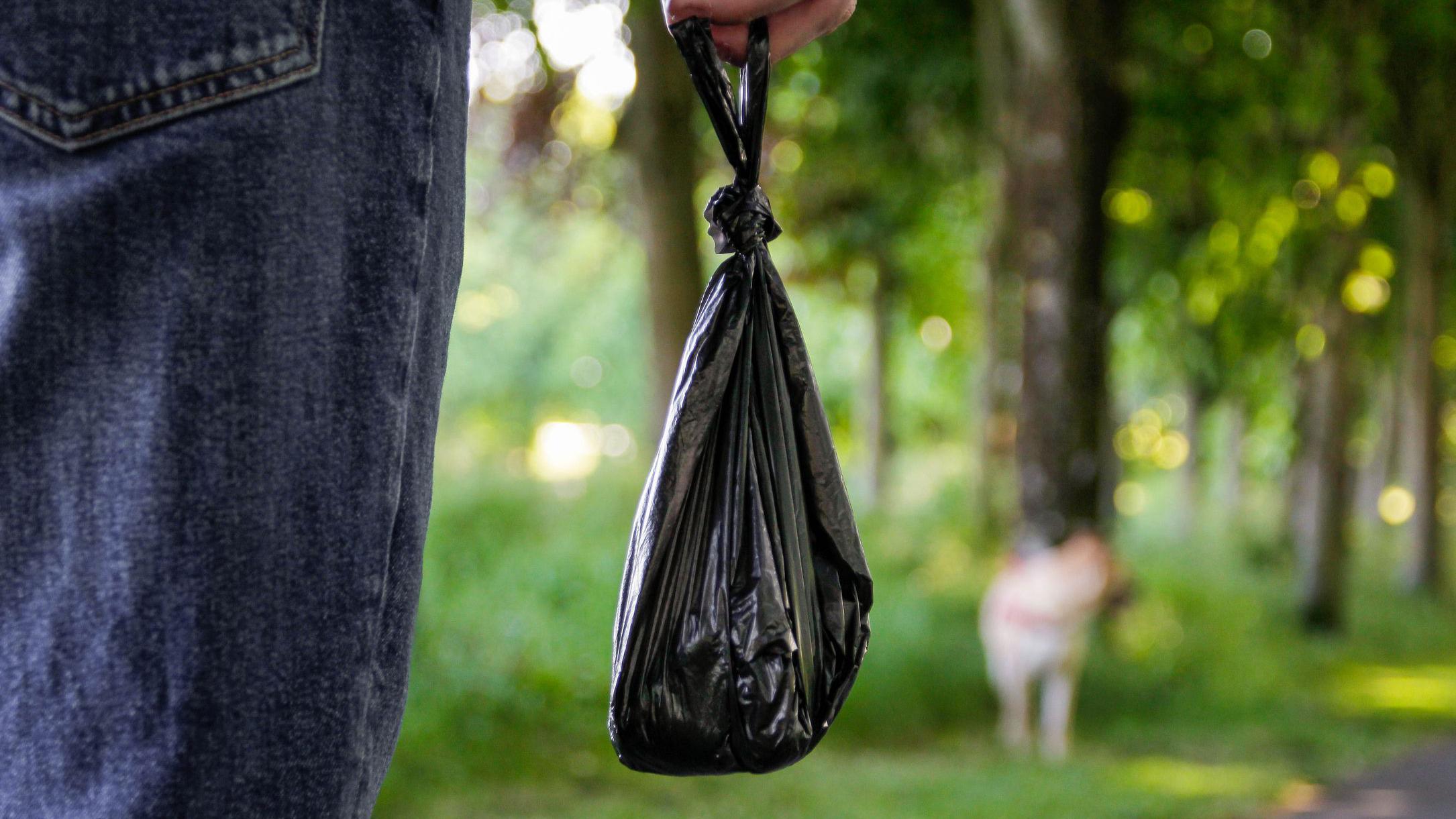
Rising Fines and Concerns Over Dog Fouling in Northern Ireland
Over the past five years, dog owners in Northern Ireland have faced more than £50,000 in fines due to not cleaning up after their pets. According to data obtained by zaia newsNews NI, eleven councils across the region recorded nearly 1,000 incidents related to dog fouling between 2020 and 2024. These figures highlight a growing issue that has prompted local authorities to explore new methods for addressing the problem.
Twenty individuals were taken to court during this period, resulting in a total of £2,715 in fines. Meanwhile, over 14,000 complaints about dog fouling were reported by members of the public to local councils. The issue is not just an inconvenience but also a public health concern, with potential risks such as toxocariasis, a disease that can lead to blindness or even be lethal in some cases.
A New Approach: DNA Databases for Dogs
One local authority, Mid Ulster District Council, is considering a novel solution to tackle the issue—introducing a DNA database for registered dogs. This initiative would involve collecting DNA samples from dogs when they are microchipped. If implemented, it could help trace instances of dog fouling back to specific animals and their owners.
The idea was proposed by Sinn Féin councillor Dominic Molloy, who believes that collaboration between local authorities could make the system cost-effective on a larger scale. “It is worth a try,” he said. He emphasized the importance of addressing the health risks associated with dog waste, stating that the cost of such a system could be justified if it prevents serious consequences, including harm to children.
Personal Impact and Public Outcry
Ulster Unionist councillor Trevor Wilson shared his own experience with the problem. He discovered dog waste on his father’s grave in Cookstown, which he described as “disgusting” and “disappointing.” Fortunately, cemetery workers cleaned it up, but the incident highlighted the broader issue of dog fouling in public spaces.
Wilson acknowledged that while the number of people responsible for the problem is small, their actions negatively impact all dog walkers. He called on pet owners to be more considerate and take responsibility for their pets. “I would just appeal to dog owners just to think about other people and to be responsible for their own dogs,” he said.
Challenges in Enforcement
Enforcement of dog fouling laws remains a challenge. While councils issue fixed penalty notices (FPN) when sufficient evidence is available, wardens cannot monitor public areas around the clock. This limitation makes it difficult to catch offenders consistently.
In response, some councils have adopted a multi-pronged approach. For example, Ards and North Down Borough Council, which recorded the highest number of cases, has been working to promote responsible dog ownership. Similarly, Derry and Strabane Council emphasizes education alongside enforcement.
The Cost of Negligence
Fines for dog fouling vary across Northern Ireland. The standard fine is £80, but in some areas, such as Causeway Coast and Glens and Ards and North Down, fines can reach up to £200. These penalties reflect the seriousness of the issue and the need for stricter compliance.
Dog owner Mandy Cavlin, from County Tyrone, stressed the importance of personal responsibility. “A responsible dog owner will pick up their own dog's poo,” she said. She often goes out of her way to clean up after other dogs as well, emphasizing that it only takes a few seconds to do so.
Cavlin supports the idea of a DNA database if it proves to be cost-effective. “If it proves to be cost effective, I think it sounds like a great idea,” she added.
Broader Implications
Environmental charity Keep Northern Ireland Beautiful has also raised concerns about the prevalence of dog fouling. Eric Randall, chief executive of the organization, described it as a “serious problem.” He pointed out that while enforcement is one part of the solution, education is equally important. “I think if people associated that every time they let their dog foul and leave it there that could result in a child becoming blind,” he said.
As councils continue to seek ways to address the issue, the debate over the most effective strategies remains ongoing. From fines and education to technological solutions like DNA databases, the goal is clear: to create cleaner, safer public spaces for everyone.
